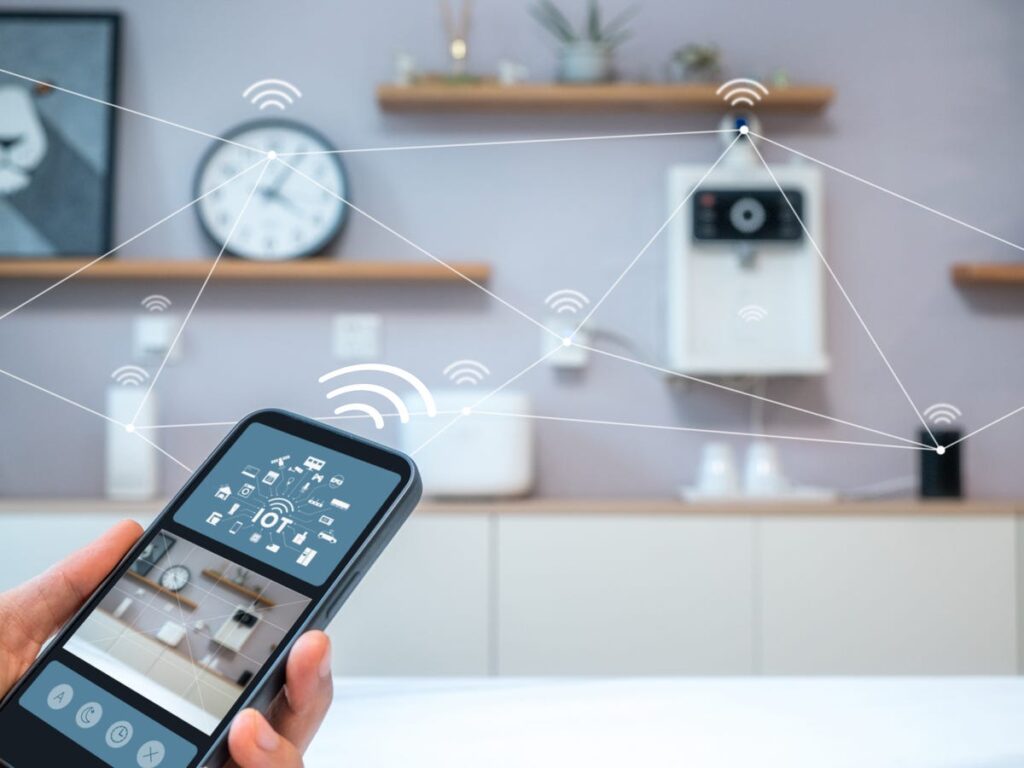
Voice Command Privacy Concerns in the Age of Smart Homes
In today’s rapidly advancing technological landscape, the integration of voice-controlled devices in smart homes has become increasingly popular. These devices offer convenience and efficiency, allowing users to control various aspects of their home environment with simple voice commands. However, with this convenience comes growing concerns about privacy. The primary question on the minds of many home enthusiasts is: How safe are our personal data and conversations when using these voice-activated systems?
Voice command privacy concerns are at the forefront as more households integrate smart technology into their daily lives. The primary worry is about how these devices collect, store, and use data. As these systems listen for voice commands, they may inadvertently capture sensitive information, leading to potential breaches of privacy.

Understanding Voice Command Technology
Voice command technology allows users to interact with devices through spoken words. This technology is powered by artificial intelligence (AI) and machine learning algorithms that process and interpret voice inputs. Popular examples include Amazon’s Alexa, Google Assistant, and Apple’s Siri.
How Do Voice Assistants Work?
Voice assistants function by continuously listening for a wake word, such as ‘Hey Siri’ or ‘Okay Google.’ Once activated, they record the user’s voice command, process it, and execute the requested action. This seamless interaction has made them an integral part of modern smart homes.
Data Collection and Storage
The primary function of voice assistants is to enhance user experience by learning from interactions. However, this learning process involves collecting and storing vast amounts of data. This data may include personal details, preferences, and even snippets of conversations, raising significant privacy concerns.
Potential Privacy Risks
While these devices offer numerous benefits, they also pose potential risks to users’ privacy. Understanding these risks is crucial for anyone considering the integration of voice-activated systems into their home.
Unauthorized Data Access
The risk of unauthorized data access is a major concern. Hackers could potentially exploit vulnerabilities in the system to access personal information, leading to identity theft or other malicious activities.
Data Misuse by Companies
Another concern is the misuse of data by companies that manufacture these devices. There have been instances where companies have been found to misuse data, either by selling it to third parties or using it for targeted advertising without user consent.
Accidental Activations
Accidental activations occur when a device mistakenly identifies a voice command and starts recording. This can result in unintended data collection and storage, further exacerbating privacy concerns.
Protecting Your Privacy
Despite these risks, there are measures that users can take to protect their privacy while enjoying the benefits of voice-activated technology.
Regularly Review Privacy Settings
Most voice assistants offer customizable privacy settings. Users should regularly review and update these settings to ensure that they are not unknowingly sharing more information than they intend to. For more insights, you can visit this article on smart home engineering.
Limit Data Sharing
Users can limit data sharing by disabling features that they do not use or need. This can help minimize the amount of data collected and stored by the device.
Use Strong Security Measures
Implementing strong security measures, such as complex passwords and two-factor authentication, can help protect against unauthorized access to your devices and data.
The Future of Voice Command Technology
As technology continues to evolve, so too will the methods for ensuring privacy and security in voice command systems. Manufacturers are constantly working to improve the security features of their devices, and it is likely that future iterations will offer even greater protection for users.
Advancements in AI
Advancements in AI and machine learning will play a crucial role in enhancing the security of voice command systems. These technologies will enable devices to better distinguish between legitimate and unauthorized commands, reducing the risk of accidental activations and data breaches.
Increased Transparency
There is a growing demand for increased transparency from companies regarding how they collect, store, and use data. As consumer awareness of privacy concerns increases, companies are likely to become more transparent in their data handling practices.
Conclusion
While voice command technology offers unparalleled convenience and efficiency, it is not without its challenges. The privacy concerns associated with these systems are valid and should not be overlooked. However, by taking proactive measures, users can enjoy the benefits of this technology while safeguarding their personal information.
For more tips on integrating smart technology in your home, check out our resources on smart home solutions, integrating smart appliances, and smart tech for families.

FAQs
Are voice assistants always listening?
Voice assistants are designed to listen for specific wake words. However, they may capture background noise or conversations inadvertently. Reviewing privacy settings can help manage what data is collected.
How can I delete my voice recordings?
Most devices allow users to delete voice recordings through their settings. Regularly reviewing and clearing these recordings can help protect your privacy.
What should I do if I suspect a privacy breach?
If you suspect a privacy breach, immediately review your device’s security settings, change passwords, and contact the manufacturer for further assistance.
This article contains affiliate links. We may earn a commission at no extra cost to you.